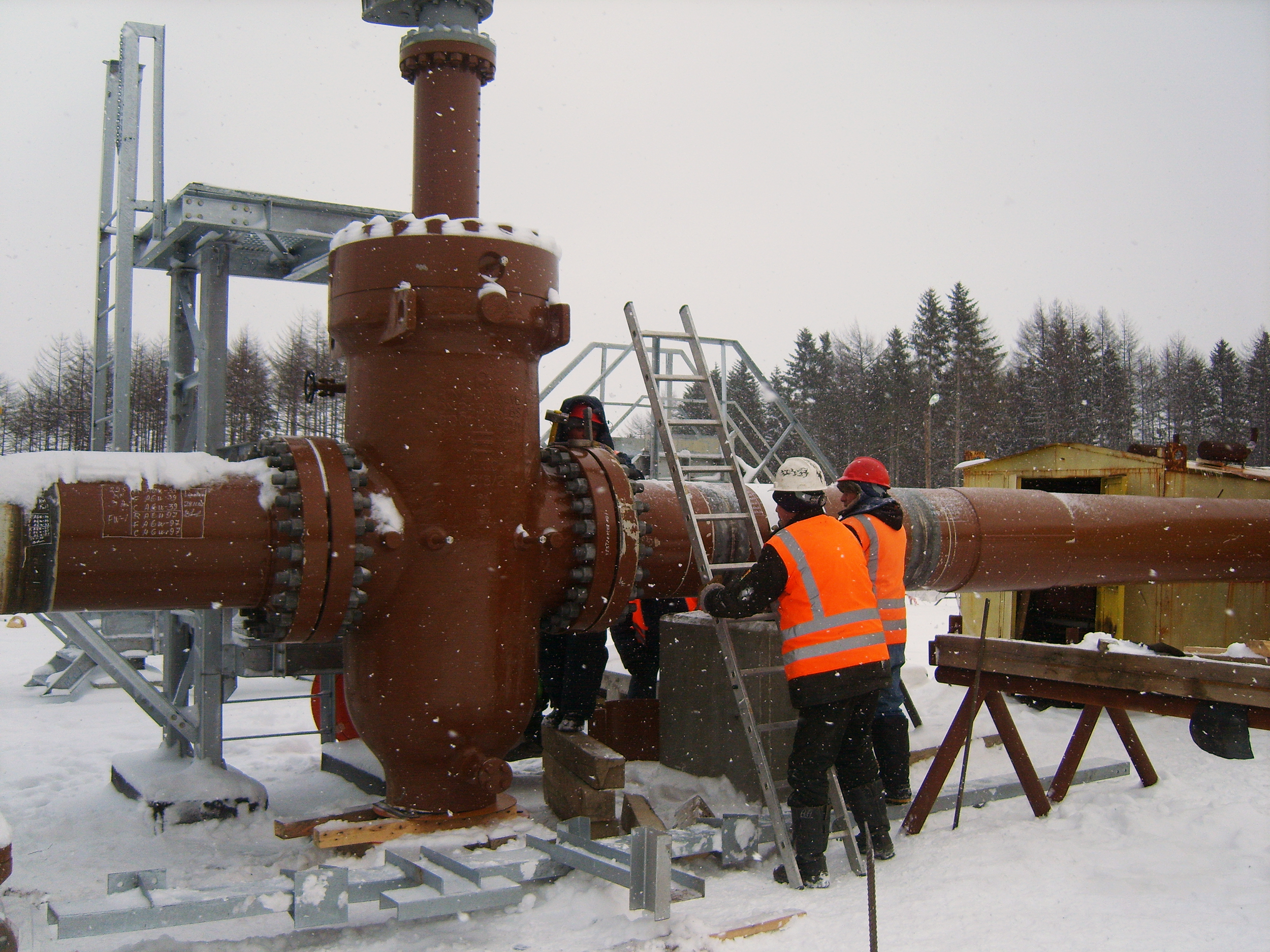As citizens worry about rising prices, many fear they won’t be able to afford gas to heat their homes this winter
“A lot of people will freeze,” says Barbara, grimacing. Barbara is a 70-year-old sculptor in Ruhland, a small town in what was once East Germany. The conversation is about climate change and Green policies, but her remark slips in.
In Europe this summer, that fear tends to slip into conversations quite easily. There is deep concern, not only about rising fuel and heating costs, but about rising prices in general. The war in Ukraine has driven up fuel prices, for much of the oil and gas consumed in places like Germany comes from Russia.
One finds people sharply focused on the price of petrol advertised at gas stations one passes, remarking happily if it is down by a few cents per litre. A U-turn is sometimes made to pick up petrol from that gas station. (Each pump owner competes on price here.)
Vulnerable citizens
Michael, a German academic who has spent some years in India, expresses worry about his octogenarian mother, who lives across the country from him, in Osnabruck.
Until a couple of years ago, she used to pay 450 Euros a year for gas to heat her rented apartment, says Michael plaintively. Of late, it had doubled to 900 Euros. But there is talk of the charge tripling further this winter to 3,000 Euros.
“She just won’t be able to pay that much for her heating,” says Michael, clucking his tongue.
Inflationary trends
The increase in fuel prices has resulted in all-round inflation. Prices have gone up for all kinds of everyday household needs in many European countries. One notices people in Poland too talking about price rise in everyday conversations.
Of course, these price increases have a lot to do with the war in Ukraine. Cut backs in imports of Russian oil have negatively impacted economies across western Europe.
The irony is that many analysts had predicted that Russia’s economy would be crippled by the slew of sanctions that were imposed on Moscow after it invaded Ukraine in late February.
That may or may not have happened, but there is much talk now of inflation in the US; efforts are underway to prevent a recession in the US economy.
Travel stimulus
For its part, Germany has tried to stave off an economic contraction by encouraging people to travel this summer. The government has introduced a cheap ticket for unlimited travel on urban public transport and regional trains across Germany.
Priced at just 9 Euros (around 750 rupees) a month, the monthly ticket is affordable for the relatively poorly off. It has been made available for the months of June, July, and August.
Those who hold the ticket can use it to travel on public transport in cities across Germany, and on regional trains, which are a little slower than Inter City trains.
Many families and individuals, including teenagers, use the ticket to travel to nearby cities or to visit relatives. A lot of tourists too have used this cheap monthly ticket this summer.
Crossed lines
It has occasionally led to problems, for German Railway (Deutsche Bahn) advertises some trains as regional, but then uses them as fast Inter City trains.
Those who get on to the train based on the railway schedule advertising it as a regional train, end up in trouble with ticket checkers. For, the 9 Euros ticket does not cover Inter City or InterCity Express trains.
They are not even allowed to buy a ticket on board, and can be treated as ticketless travellers. They just have to pay a hefty fine. Michael, who had such an experience one Sunday morning, uttered strong words about Deutsche Bahn.
India in crosshairs
In such an unsettled context, many European intellectuals deeply resent India’s relatively soft approach towards Russia — especially over the fact that India obtains Russian oil at attractive prices.
It is, of course, because of Western sanctions that Russia has offered such favourable terms to countries like India. Many European intellectuals see India’s willingness to accept those terms as a betrayal of democratic values by a country they have long celebrated for sharing Western values.
At the home of a friend who used to be Germany’s deputy ambassador in New Delhi, retired diplomats and senior journalists talk of how they can understand China siding with Russia, since China too does not have a democratic tradition.
But, they add, they feel deeply unhappy at India’s apparent willingness to accommodate Russia’s aggression and President Putin’s negation of Ukraine’s sovereignty.
(David Devadas is a journalist and security, politics and geopolitics analyst.)
(Disclaimer: Views expressed above are the author’s own.)










